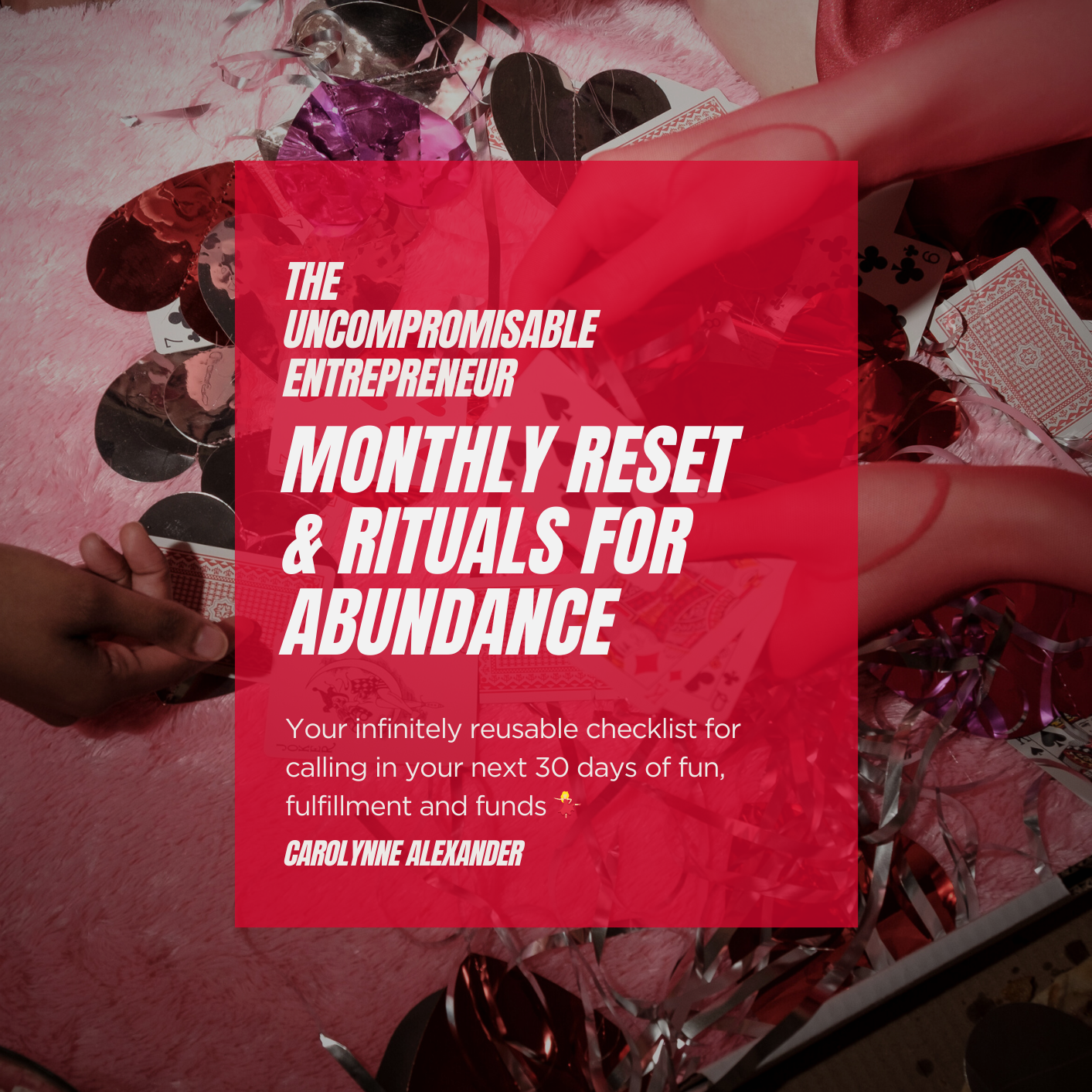Do you constantly say yes when you really want to say no?
Do you neglect your own needs to avoid rocking the boat?
You’re not alone.
Many people struggle with people-pleasing tendencies and having poor boundaries in relationships. I used to be one of them.
While wanting to make others happy is admirable, taken to the extreme this agreeableness can harm your mental health, breeding resentment and loss of self. Resulting in feeling lost, angry and wanting to run away from your relationship.
The good news? You can transform unhealthy patterns and learn to set boundaries that allow your relationships to thrive while also filling your own cup.
So you can show up as your healthiest, happiest self.

Table of Contents
What Exactly is People Pleasing and Why Does it Matter?
First of all, what is people pleasing? Is it just being “nice” or could something more concerning at work?
Straight up… People-pleasers have difficulty asserting their own needs and limits. Ouch! That’s very different to being nice or kind.
They may:
- Say yes to unwanted requests because they can’t say no (urgh, I was guilty of this!).
- Stay silent about hurt feelings to “keep the peace”.
- Hide parts of themselves or their opinions to be accepted. Hello, social media.
- Excessively worry about letting others down and being a martyr.
Where does people pleasing come from?
Usually, it’s not your fault. It could be from family dynamics, society’s norms etc. and the root cause could be from;
- Low self-worth and need for external validation
- Childhood conditioning to gain love/security
- Anxiety about confrontation, rejection, or abandonment
I know, pretty heavy stuff. But once you know there is something in your past that might be at work today, you can get to work creating a different future.
Because if not, the costs become clear:
- Resentment from unreciprocated efforts – lopsided relationships where you give more than you receive.
- Stress and exhaustion from over-giving – burnout in your relationship, at work/in your business, in your friendships.
- Losing a sense of identity and purpose – a huge problem in relationships today where you spend all your time on other people’s stuff!
- Settling for unhealthy relationships – And that’s where you could be today.
But all is not lost. You’re here because you want to fix this situation.
Why You Must Set Boundaries for Healthy Relationships
Boundaries are the limits and rules we set around how we allow others to treat us. Boundaries create security in relationships by making needs and dealbreakers clear.
At one end of the scale, you can think about the standards of living you want to have. Or more importantly, the way you are spoken to.
Do you want to stand for a messy house or even be shouted at?
Boundaries are the same no matter what you’re asking for.
And without boundaries, toxicity and dysfunction can thrive (and a disgusting kitchen!).
Partners may take advantage or fail to provide what you need because they don’t know.
Boundaries also reduce resentment from unreciprocated efforts which can lead to relationship burnout.
→ You teach others how you expect to be treated with respect and care = standards.
Lastly, boundaries allow you to honour your own needs and humanity. You must know and care for yourself before you can wholly show up for others.
You, first, always.
10 Tips to Stop People Pleasing and Set Healthy Boundaries
If you’re ready to break the cycle of people pleasing, here are some tips:
1. Get Clear on Your Needs and Limits
Reflect on situations that have hurt you and look for patterns. What are your limits? For example, perhaps you won’t tolerate criticism, broken promises, or partners who are emotionally unavailable. By knowing your limits, you can ask for them not to be broken.
2. Practice Unapologetically Saying “No”
No is a complete sentence.
Start asserting yourself in low-stakes situations to build confidence. For example, decline an unwanted invite or say no to taking on extra work. Remember you don’t owe elaborate excuses! Just say “no” and add a “thank you” at the end if you wish.
3. Be Direct About Your Needs and Expectations
Use “I statements” to clearly communicate your boundaries. For example, “I need one night a week to recharge alone.” Or “I’d like to live in a house that’s respected, here’s what I mean…”.
Avoid vague requests that enable violations of your standards.
4. Don’t Take Responsibility for Others’ Reactions
You can’t actually control how people respond when you set boundaries. When I learnt this, it blew my mind. Sounds so simple but I’m not responsible for other people’s moods.
Detach from that unrealistic responsibility (stop being a saviour) and prioritise your wellbeing. People may get mad or withdraw, but that’s information to consider about the relationship, not a reason to erode your boundaries.
5. Start Small and Build Momentum
Don’t expect to suddenly become fully assertive if you’ve been conflict avoidant your whole life. It took me a year or two to build up to where I am today. I had to build a “boundary muscle” over time through small steps outside my comfort zone. I did it with clients in my business, I did it with friends and in my relationship.
If this article resonates with you, empower yourself by enrolling in my life-changing audio course Breaking Free from Codependency: Achieving Healthy Relationships.
Through interactive lessons, you’ll learn to set boundaries, speak up confidently, stop obsessive caretaking, heal your nervous system and show up as your best self.
Join many others in breaking free from people pleasing for good! Invest in your growth today.
6. Consider Your Past and Inner Critic
Unhealthy patterns often start in childhood.
How might your upbringing or inner critic voice impact your boundary setting? For example, if a parent guilted you, old tapes may echo. Observe these influences with compassion. You didn’t have the power when you were younger to state your boundaries. But now, as an adult, you can.
This is why we go so deep into nervous system regulation in my course Breaking Free from Codependency. It’s the root cause and we can reprogram our nervous system through Polyvagal Theory.
7. Release the Need to Be Liked
Be willing to upset or disappoint people to stand firm in what you need. This may be uncomfortable at first, but the right people will respect you for it. Your body may react as if it’s under threat but you are safe.
8. Remember that “No” is a Complete Sentence
You don’t have to justify or defend your right to set limits and say no. Your reasons are valid because they matter to you. I keep mentioning “no” and it really is the word that sets you free.
9. Let Natural Consequences Teach
Allow others to experience the outcomes of disrespecting your clearly stated boundaries, within reason. For example, if your friend is repeatedly late when you make plans, stop waiting around—leave and enjoy your own time. Do this from a place of compassion for yourself.
10. Reward Yourself
Reinforce new boundary setting habits through self-care. Do something nice for yourself when you assert a limit. This trains your brain to associate benefits with boundaries. Record them in your journal and remind yourself often of how far you have come.
Overcoming Guilt, Anxiety and Other Challenges
You’ll likely face some bumps as you get better at boundaries:
- Guilt and people-pleasing habits will surface. Meet guilt with self-compassion. Remind yourself you’re worthy of care, and your needs matter. Starting small helps build confidence. We go deeper into where we were taught people pleasing so you can identify that it’s not you who is doing it, it’s a learned behaviour.
- Fear of losing relationships or harming others may arise too. (This was one of my HUGE fears). But unless you’re dealing with true irrational fears, anxiety tends to lessen once we build new patterns. Remember to take it step by step. People often respond positively to firm but kind boundaries.
- Lastly, expect some resistance, even retaliation. Narcissists and other manipulators rely on your poor boundaries. Stay strong and let consequences do the work. Ultimately, you teach people how to treat you.
Transforming Your Patterns Takes Time, But Brings Freedom
Learning to set loving boundaries allows you to honour your inherent worth and needs while also being compassionate. The result is relationships that empower you to thrive without so much hurt and resentment.
With mindset shifts, practice saying no, nervous system regulation and compassion for yourself and others, you can become comfortable setting the boundaries you need to be fulfilled. It won’t happen overnight, but progress compounds when you persist. I promise you.
You deserve care, reciprocity and respect just like everyone else. So start small and be patient with yourself as you build new habits today.
If this article resonates with you, empower yourself by enrolling in my life-changing audio course Breaking Free from Codependency: Achieving Healthy Relationships.
Through interactive lessons, you’ll learn to set boundaries, speak up confidently, stop obsessive caretaking, heal your nervous system and show up as your best self.
Join many others in breaking free from people pleasing for good! Invest in your growth today.

